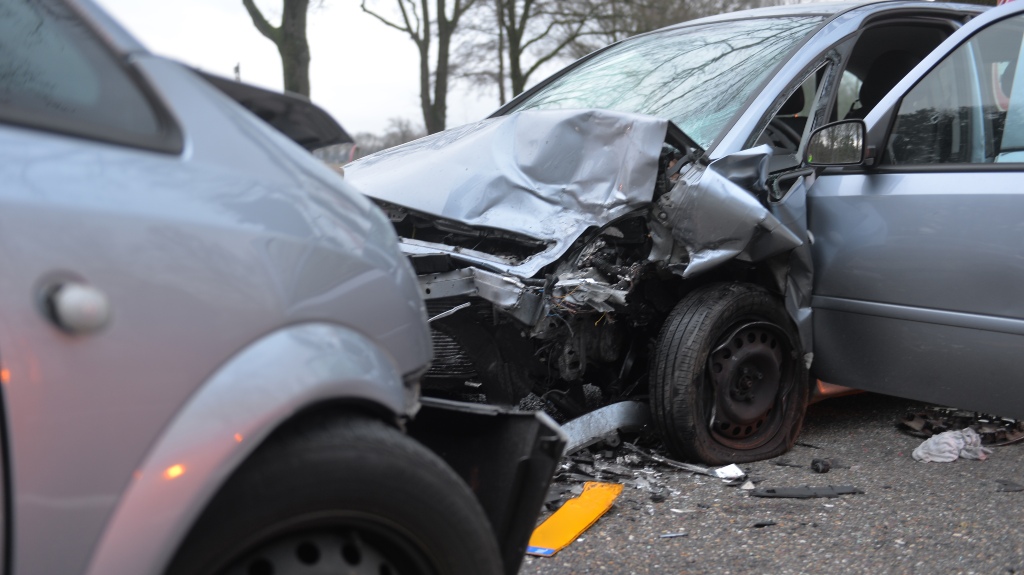
Whenever a car accident occurs, one of the most pressing questions that comes to mind is regarding liability: Whose fault was the crash? Understanding liability is crucial in determining who will be responsible for covering the costs associated with the accident. In Georgia, the legal framework operates under a system known as “at-fault,” meaning that the driver deemed responsible for the accident is liable for any resulting damages. This includes expenses such as medical bills, vehicle repairs, and compensation for any pain and suffering incurred by the victims. As a result, it becomes important to clearly establish who was at fault in a motor vehicle accident.
In the following guide, we will provide an in-depth overview of Georgia’s fault accident laws and what legal options you may have following the accident.
A Basic Overview of the “At-Fault” System
The “at-fault” system is a legal framework used to determine who is responsible for causing a car accident. In Georgia, this system is particularly significant, as it holds the driver deemed at fault liable for paying for any damages incurred due to the accident. This approach contrasts “no-fault” states, where each driver’s insurance is responsible for covering their own damages, regardless of who is to blame for the crash. Consequently, seeking compensation for car accident claims in Georgia can be more complex than in states under the no-fault rule.
Determining Fault in an Accident
When an individual wishes to file a lawsuit against another driver, they must establish that the other party’s negligence or recklessness caused the accident and ultimately led to their injuries. To successfully prove this, a thorough investigation is critical and should consider various factors, which may include:
- The Circumstances of the Accident: Detailed analysis of how the accident occurred, including the behavior of each driver involved, weather conditions, and road conditions at the time of the incident.
- Traffic Laws and Regulations: Examining any relevant traffic laws that may have been violated by the at-fault driver.
- Witness Statements: Gathering testimony from witnesses who saw the accident can provide valuable insight and corroborate your version of events.
- Police Reports: Reviewing official police reports can offer critical information regarding the accident’s circumstances and the officers’ conclusions about fault. Medical Records: Documentation of injuries sustained in the accident is necessary to establish the extent of damages and the need for compensation.
By carefully analyzing these factors, individuals involved in a car accident in Georgia can build a strong case for compensation based on the at-fault driver’s liability.
Can Both Drivers Be at Fault in Georgia Following an Accident?
Georgia operates under a system of comparative fault, which means that when an accident occurs, the actions of both parties are evaluated to determine how much responsibility each driver bears for the incident. Therefore, if you have been negligent in any way—such as failing to maintain your vehicle in safe working order, speeding, or violating traffic laws—you could be assigned a portion of the blame for the accident. If it is determined that you were negligent, this finding can significantly impact your ability to collect compensation through a personal injury claim. However, Georgia law stipulates that you can still recover damages as long as your level of fault is less than 50 percent. This means that if you are found to be 49 percent at fault or less, you are eligible to receive compensation for your losses.
Contact Richard D. Hobbs & Associates Today To Review Your Case for Free
If you have been involved in a car accident in Georgia and want to review your legal options, contact Richard D. Hobbs & Associates today to speak with our experienced legal team.